Several key developments in particle accelerator science that will shape the future of the field were presented at the recent annual meeting of the I.FAST consortium, a European Union-funded project now into its final year.
The meeting, which took place in Krakow, Poland, between 8 to 11 April, was an opportunity for the project’s partners to present results in several key technological areas, as well as a chance for the industrial and academic partners involved in the project to network and discuss new ideas.
Among the highlights was a presentation on a new strategy for developing thin films for superconducting radio frequency cavities, which was recently submitted to the European Strategy for Particle Physics update as part of an ongoing process to define the direction of particle physics over the next decade.
There were also talks on the progress made within I.FAST on the high-efficiency klystron prototype designed for use as part of CERN’s high-luminosity upgrade of ist Large Hadron Collider (LHC), and on the results from the testing of two separate RF electron photo-guns. Results were also presented in other key technological areas, such as in new accelerator applications, light sources, permanent magnets, additive manufacturing, and superconducting materials.
The I.FAST project is set to wrap up later this year and with many of the final results already accomplished, this fourth annual meeting was a chance for younger scientists and engineers involved in the project to present their work and findings.
There was also space in the week’s programme to dive into I.FAST’s relations with industry, with several sessions dedicated to innovation. There were talks on supporting start-ups and spin-outs, a look at Switzerland as a case study for technology transfer, and a discussion on the exchange between industry and academia in the field of accelerator science.
The event also provided the chance to delve into various activities taking place in the Polish particle accelerator community, looking at several facilities and projects to which the country contributes.
A key topic in accelerator science in recent years has been sustainability. A joint half-day workshop hosted by the Europe-America-Japan Accelerator Development Exchange Programme (EAJADE) and I.FAST outlined many initiatives to make large-scale particle accelerator projects more environmentally friendly. The session concluded with a discussion on what actions can and should be taken going forwards.
The final day of the meeting focused on the future and a potential follow-up to I.FAST that would continue and expand on the major developments that have so far been achieved.
A final I.FAST meeting will take place in October this year to conclude the project.
I.FAST is funded under the Horizon 2020 programme and brings together 48 beneficiaries from 15 countries, including 16 industrial partners, to explore innovative options and develop cutting-edge technologies for future accelerator platforms.
The I.FAST project has received funding from the European Union’s Horizon 2020 Research and Innovation programme under Grant Agreement No 101004730.
